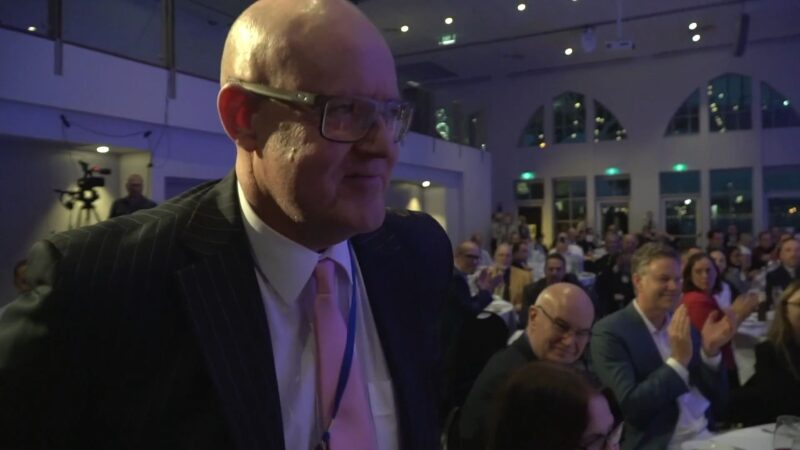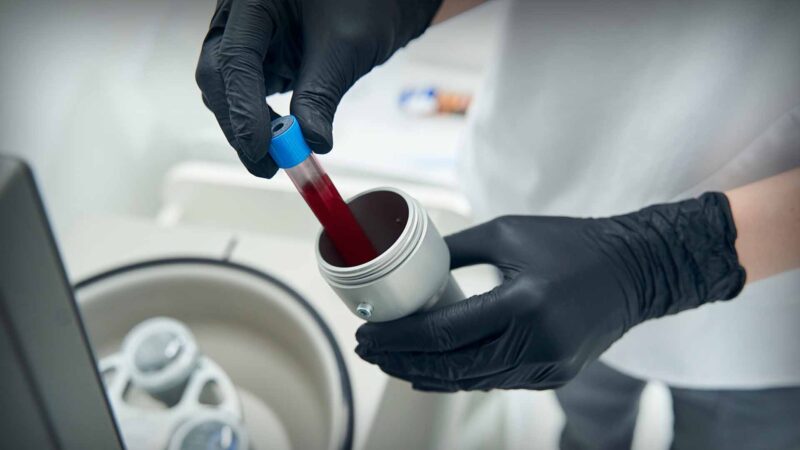IMPROVEMENTS IN DENTAL LITERACY AND GREATER INSIGHTS THROUGH DIGITAL TECHNOLOGY
Dr Kenneth Soh, General Dentist
Smart Dental,
Kellyville, New South Wales
PEOPLE IN HEALTH CARE SEGMENT
Filmed in Sydney | February 2025
Dr. Kenneth Soh is a General Dentist based in Kellyville, New South Wales, a suburb located in northwestern Sydney. Originally from Melbourne, he studied Bachelor of Dental Science (BDSc) at Melbourne University and graduated in 2003. After working for a year in the Mornington Peninsula, Dr. Soh moved to New South Wales, initially thinking it would be temporary; however, he has been there for 19 years. While he has considered specialising, he finds joy in all aspects of dentistry.
Dr. Soh notes that dental care has evolved significantly, particularly with advancements in technology and increased patient awareness. Many patients now come in equipped with knowledge about their treatment options, often asking about cosmetic procedures like teeth whitening. His practice has embraced digital technology early on, transitioning from traditional paper notes and film X-rays to digital forms, including intraoral sensors and cone beam imaging.
This transition to digital technology has provided dentists with a clearer understanding of dental health, allowing for better diagnostics and treatment planning. Dr. Soh emphasises the growing dental literacy among General Practitioners, who now often refer patients for dental check-ups before starting certain medications, such as those for osteoporosis.
The dental training landscape has changed as well, moving toward more competitive entry processes and varied educational paths. Dr Soh talks about the hard journey becoming a dentist currently being at university for seven years before someone can start as a dentist. He shares his observations as a General Dentist and gives his advice for anyone who enjoys working with teeth, with people, incorporating science as well as artistic flair!
You Might also like
-
Gavin Fox-Smith talks Medical Technology
Former Johnson & Johnson ANZ Managing Director, Gavin Fox-Smith on working in large & small MedTech companies
-
Pathology technology at a crossroads
The CEO of Pathology Technology Australia, Dean Whiting spoke with Australian Health Journal about the following:
– Pathology Technology Australia’s key priorities in the coming years
– Current local capability in pathology technology compared to other countries
– How the health system supports change and adoption of pathology technology
– How pathology is perceived by the public and in government as well as how developments in pathology technology are followed and understood
– Observations in the Strengthening Medicare Taskforce ReportIn the lead up to the Australian Federal Budget in May 2023, Australian Health Journal reached out to peak health industry bodies to hear about their priorities, either noted in pre-budget submissions lodged with Federal Government in January 2023 or in recent forums such as the Strengthening Medicare Taskforce.
-
Bionic eye trial shows improvements in functional vision for retinitis pigmentosa
Results of the first clinical trial of Australia’s ‘second generation’ bionic eye have demonstrated ‘substantial improvement’ in four participants’ functional vision, daily activities and quality of life over a period of more than two and a half years.
Led by the Centre for Eye Research Australia, Bionics Institute, University of Melbourne and Royal Victorian Eye and Ear Hospital, the trial findings add to interim results which showed that the second-generation bionic eye developed by Australian company Bionic Vision Technologies provided rapid improvements for four patients with blindness caused the genetic eye condition retinitis pigmentosa.



